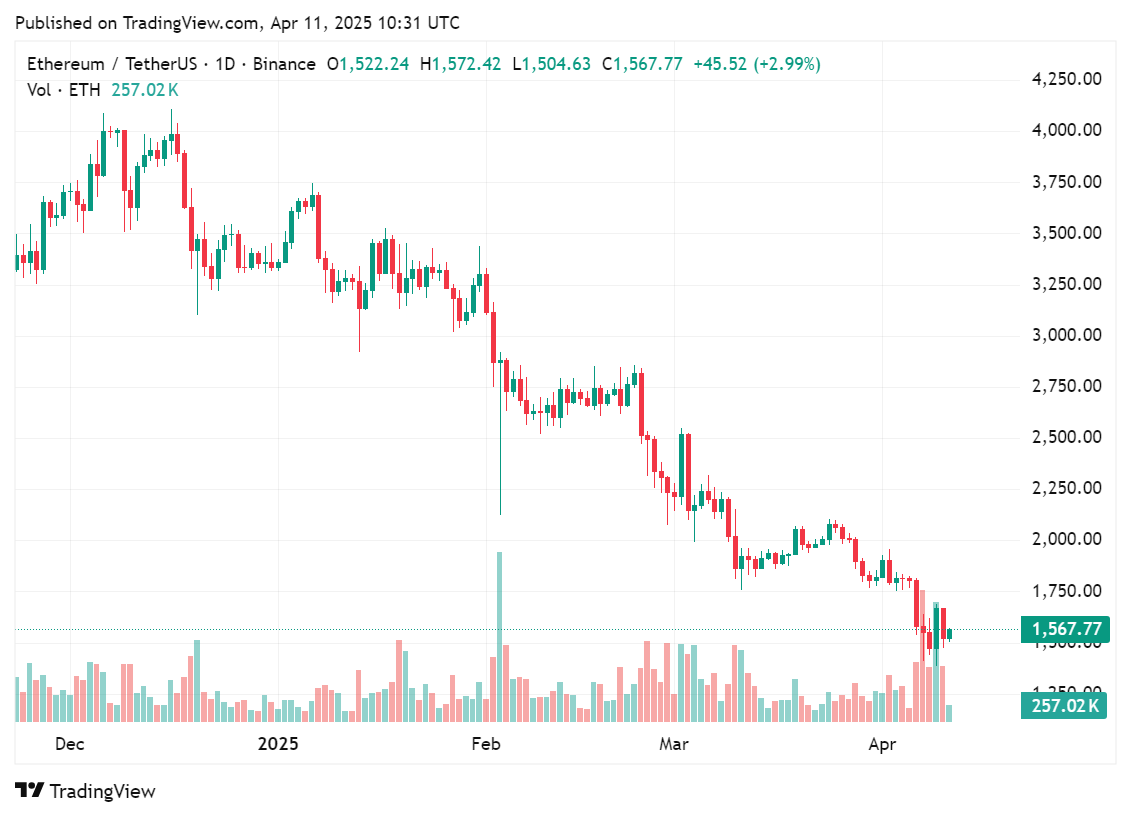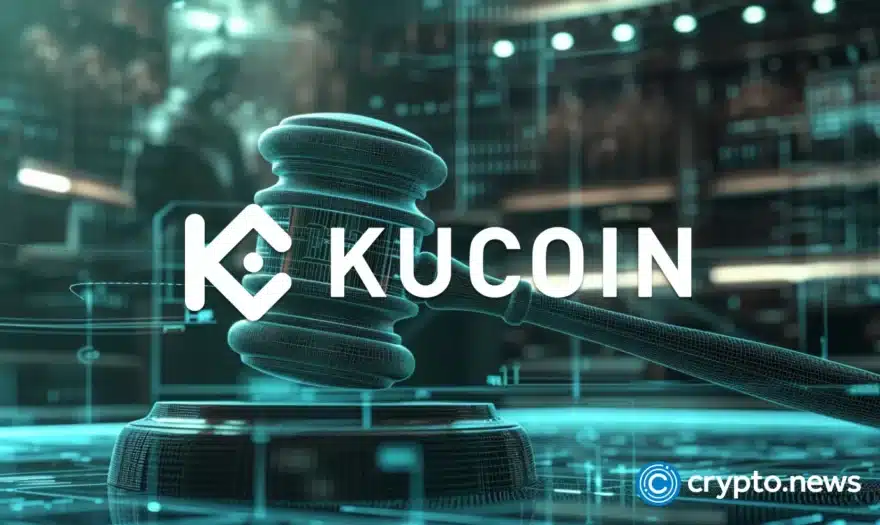North Carolina introduces bill to allow the use of crypto to pay taxes

North Carolina lawmakers have proposed a bill that would allow citizens to use crypto assets to carry out economic transactions, including tax payments.
In a bill filing sponsored by State Representative Neal Jackson, House Bill 920 aims to allow the use of crypto assets for tax payments as well as other economic transactions. If enacted into law, the bill would automatically become the North Carolina Digital Asset Freedom Act.
“The General Assembly finds that digital assets, when properly regulated and aligned with principles of decentralization, security, and resilience, can be a valid and stable medium for economic exchange,” the bill stated.
According to the North Carolina draft, not all crypto assets can be accepted for tax payments and other economic transactions under the bill. The digital asset in question must meet a list of certain requirements stipulated within the draft in order to be considered eligible.
One of the main requirements outlined in the draft is the fact that the crypto asset must have a current market cap of at least $750 billion and a daily trading volume of more than $10 billion. The asset must also be listed on multiple regulated U.S. exchanges.
Under this requirement alone, the only major cryptocurrency that has passed this threshold is Bitcoin (BTC), with a market cap of $1.6 trillion and a daily trading volume that stands at $45 billion.

Even the second largest cryptocurrency by market cap, Ethereum (ETH), does not meet the requirements set by the bill to be eligible for tax payments. ETH’s market cap currently stands at $188 billion, while its daily trading volume is $20 billion.
Despite this fact, it is still possible that if the bill does come to pass, other cryptocurrencies would have accumulated a much larger market cap and daily trading volume overtime.
Aside from guaranteed liquidity and market depth, the North Carolina bill also mandated eligible digital assets must have been operating in an open, permissionless market for at least 10 years without external intervention or state support. Moreover, the asset should also have been launched without pre-mining, insider allocations or central authority control.
Not only that, the token must not rely on a single entity, foundation, or small group of insiders for its ongoing operation or governance. It must also have been deemed a commodity and not a security token by U.S. regulators, such the U.S. Securities and Exchange Commission and the Commodity Futures Trading Commission.
As previously reported by crypto.news, North Carolina recently proposed two bills that would allow an independent investment authority to invest up to 5% of pension funds into digital assets, including cryptocurrencies, stablecoins and NFTs.















